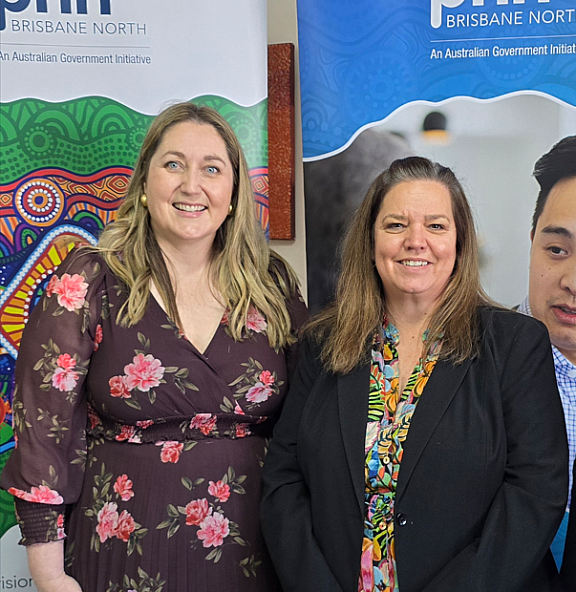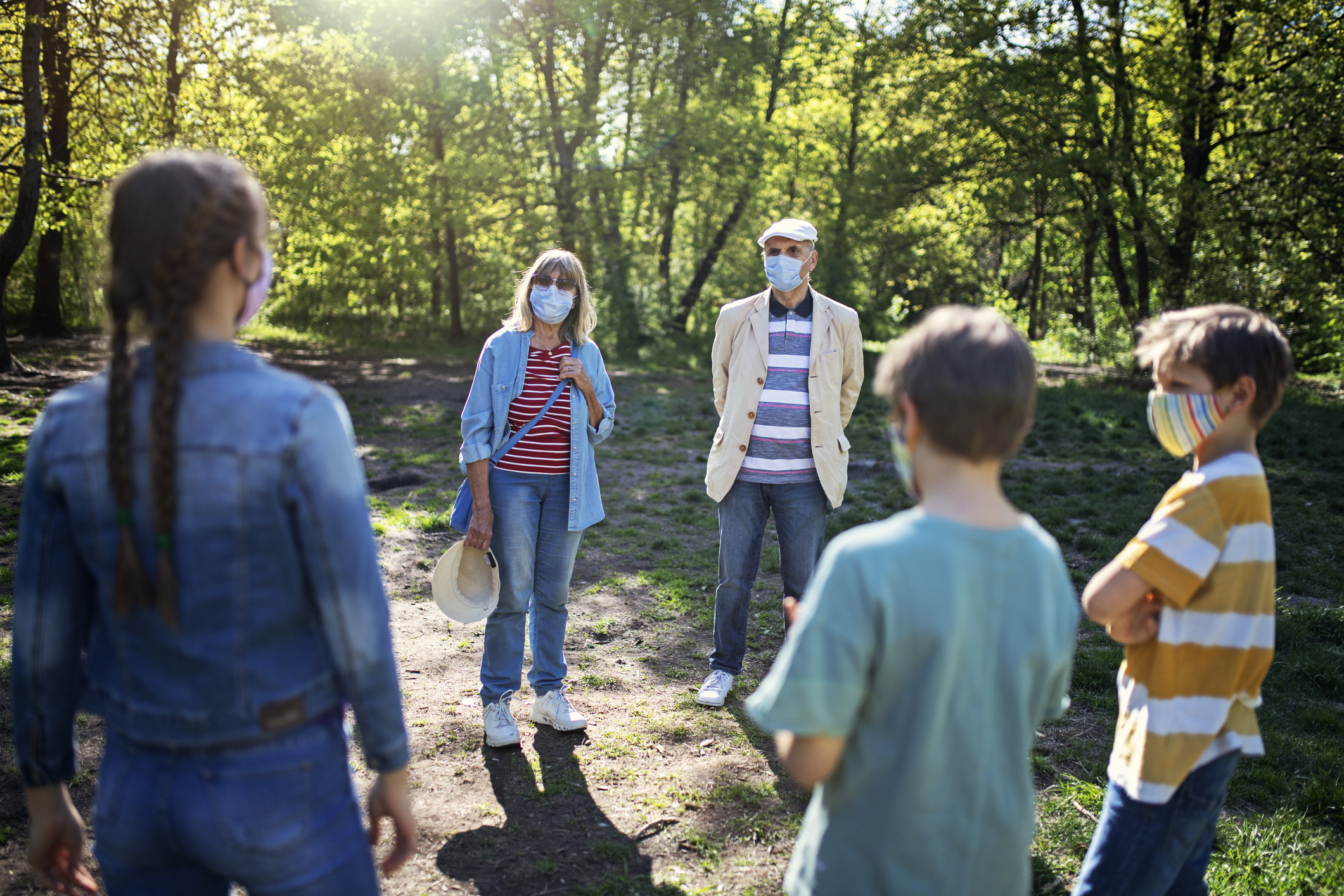
Announced: North Brisbane and Moreton Bay Medicare Mental Health Centres opening from July
Mar 27, 2025
Sept 07, 2021

Queensland Health and the Australian Department of Health continue to respond to the current and future impacts of COVID-19. Below is a summary of the latest updates and resources from Metro North Health and other credible health authorities.
Children aged 12 to 15 years now eligible for COVID-19 vaccine
Children aged between 12 and 15 years will be able to book a COVID-19 Pfizer vaccine from Monday 13 September. This decision was made following advice from the Australian Technical Advisory Group of Immunisation (ATAGI).
Bookings will be available through GPs, Commonwealth Vaccination Clinics and Aboriginal Community Controlled Health Organisations.
The Therapeutic Goods Administration (TGA) has provisionally approved the use of the Moderna COVID-19 Vaccine (Spikevax) for use in children 12-17 years-old. This comes after the provisional approval of this vaccine on 9 August for use in those 18 years and older. The recommended dose is the same as for adults - two full doses administered 28 days apart.
Supply of Moderna COVID-19 vaccine is expected to arrive in Australia later this month with roll-out commencing shortly after.
QLD aged care vaccine hubs now open
New dedicated hubs to vaccinate aged care workers have now opened in Queensland. Residential aged care workers are eligible for a Pfizer COVID-19 vaccination. Make an appointment.
New vaccination hub to open in Boondall
Queensland’s next vaccination centre will open at the Brisbane Entertainment Centre at Boondall on Wednesday 8 September. The centre will open to its first 1,500 bookings, increasing to 3,000 a day as more vaccines become available.
Guidance on myocarditis and pericarditis
The guidance on myocarditis and pericarditis after mRNA COVID-19 vaccines has been updated and includes references to Aboriginal and Torres Strait Islander adolescents aged 12-15.
COVID-19 vaccination social scripts
Amaze, in partnership with National Disability Services, has developed social scripts that outline the process of getting a COVID-19 vaccination to people with autism.
People with autism may find the process of getting the vaccination stressful. These social scripts provide an opportunity to prepare for their vaccination and reduce anxiety.
For more information or to download the social scripts visit the Amaze website.
Resources for multicultural outreach: COVID-19 vaccines
The Department of Health has developed several in-language communication resources to support recent outbreaks across Australia.
This stakeholder pack contains resources you can use to reach culturally and linguistically diverse communities, to ensure COVID-19 safety and vaccine information is available to everyone.
This pack contains in-language communication resources and key messages about getting tested for COVID-19, staying home, financial support, mental health support, religious services during COVID-19 outbreaks and information on COVID-19 vaccination.
Latest research: Comparing the risk of thrombocytopenia and thromboembolism after COVID-19 vaccination versus testing positive for SARS CoV-2
This recent article (and supplementary) from the British Medical Journal compares, using a large UK case series, the risk of thrombocytopenia and thromboembolic events from vaccines versus the risk of being infected and becoming ill with COVID-19.
Professor Ian Scott (Director Clinical Epidemiology, Metro South) has summarised the findings below.
By 28 days after exposure:
How individuals without a Medicare card can access a COVID-19 vaccination
Individuals who meet the current eligibility criteria and are not eligible for Medicare, or do not have a Medicare card, can receive their COVID-19 vaccinations for free at:
Primary care COVID-19 vaccination providers can still administer vaccines to these patients but are unable to claim a payment for this service (Medicare or otherwise).
Responding to a COVID-19 case in the practice team
The RACGP has developed a new fact sheet to support general practices in the event of a COVID-19 case in the practice team. The resource addresses:

We acknowledge the Traditional Custodians within our region: the Jagera, Turrbal, Gubbi Gubbi, Waka Waka and the Ningy Ningy peoples of where we meet, work and learn. Brisbane North PHN is committed to reconciliation. Our vision for reconciliation is where the stories of our First Nations’ people are heard and shared, and networks are formed.